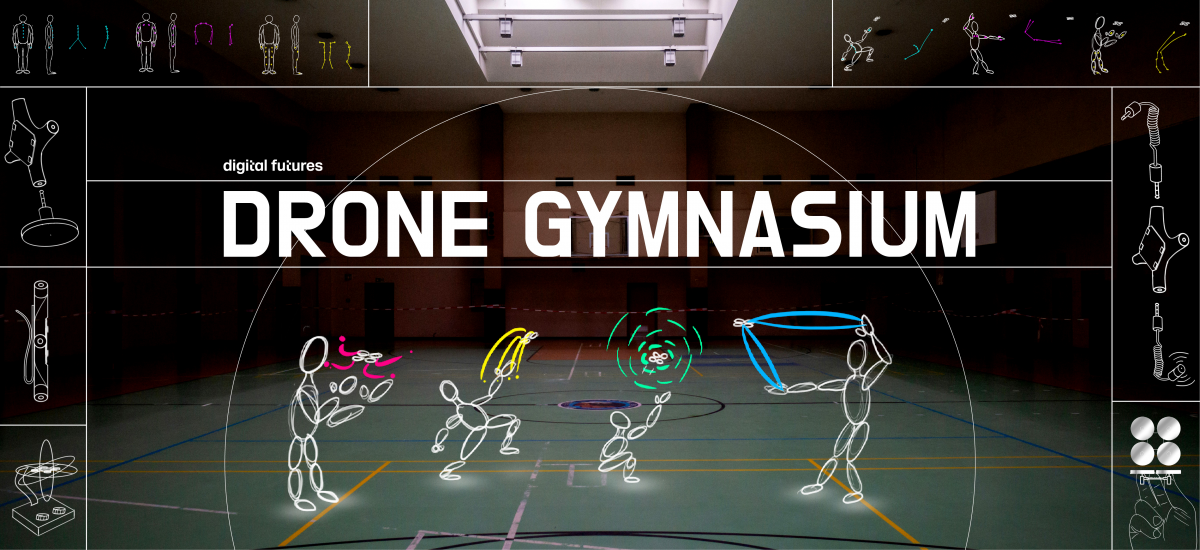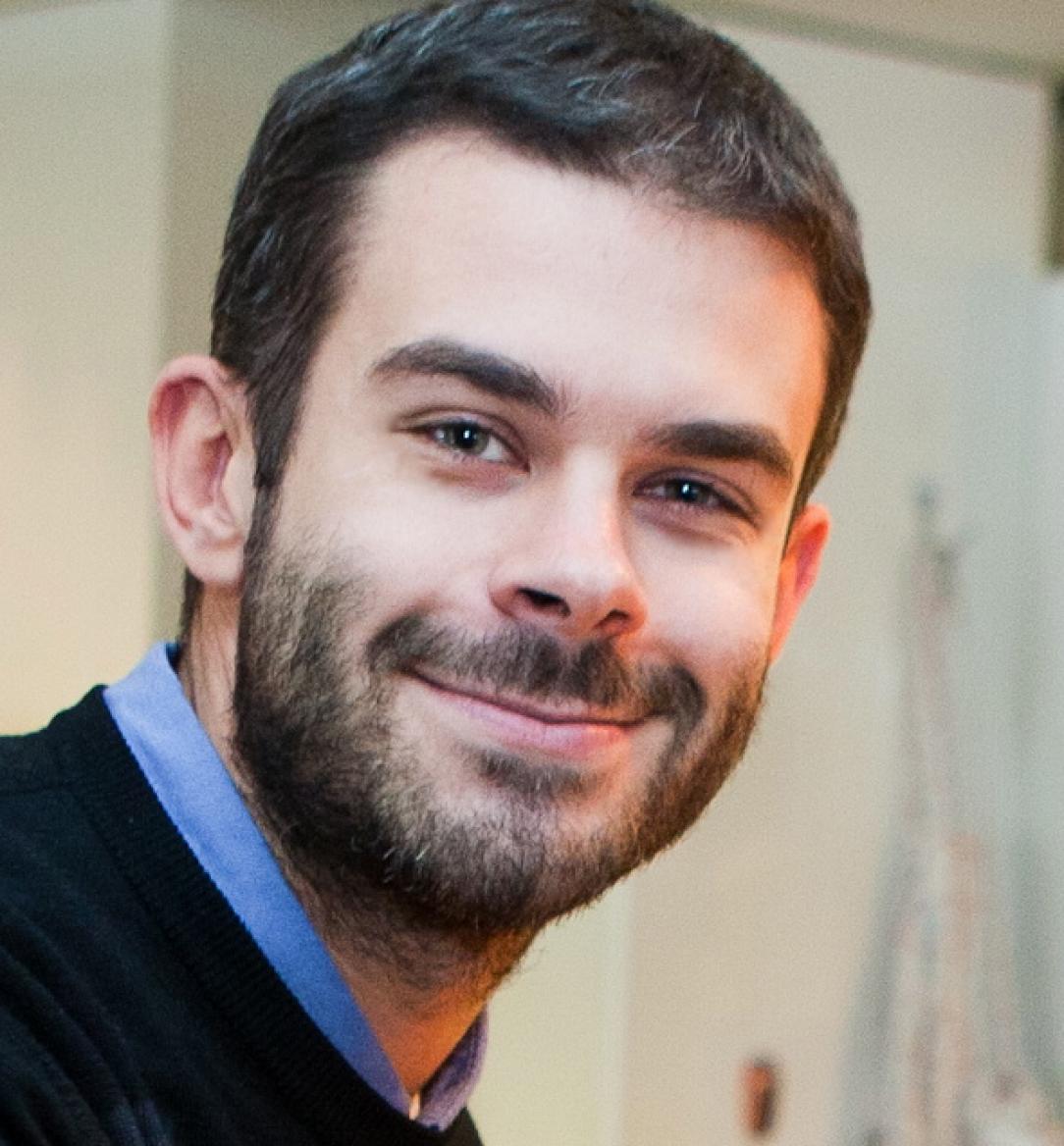About the project
Objective
The Digital Futures Drone Gymnasium explores the potential of physical and embodied training accessories to support drone programming and their interactions with humans. The project sits at the intersection of mobile robotics, autonomous systems, machine learning, and human-computer interaction, providing tools to study and envision novel relationships between humans and robots.
Training accessories are tools that allow us to better understand how drones can be effectively operated in work and living spaces. Our training accessories physicalise the control mappings of our machines, which results in the distribution of the cognitive load of controlling a drone over the whole body.
Background
The project follows in the footsteps of the earlier DF Demonstrator Project Drone Arena and largely involves the same research team. The PIs are at the forefront of their respective research fields and provide a unique and complementary combination of expertise. The multiple awards and recognitions obtained by Prof. Luca Mottola in the field of aerial drones provide a stepping stone for technical work. Prof. Kristina Höök pioneered a design philosophy named Soma Design of relevance to designing interactions with autonomous or semi-autonomous systems, such as drones.
The drone manufacturer Bitcraze, based in Malmö, supports the project and provides a much-needed industry perspective. Dr. Joseph La Delfa, who was previously part of this research team and is now an industrial post doctoral researcher at Bitcraze, will act as a liaison between the Drone Gymnasium and the company. The project is also supported by Rachael Garrett, a PhD candidate at KTH whose research explores ethics in the design of autonomous systems. She also acts as an international collaborator with the Turing AI World-Leading Fellowship Somabotics: Creatively Embodying AI.
Crossdisciplinary collaboration
Prof. Mottola is an expert in mobile robotics and autonomous systems. He focuses on the concrete realisation of the training accessories across hardware and software. Prof. Kristina Höök is a professor in interaction design, specialising towards designing for movement-based interactions between users and autonomous or semi-autonomous systems.
The expertise of the two PIs join in the organisation of the workshops and interactive exhibitions. Successfully accomplishing the project goals, especially related insights from the workshops that might transfer to other application domains will be blending Höök’s skillset with the system expertise of Mottola.



